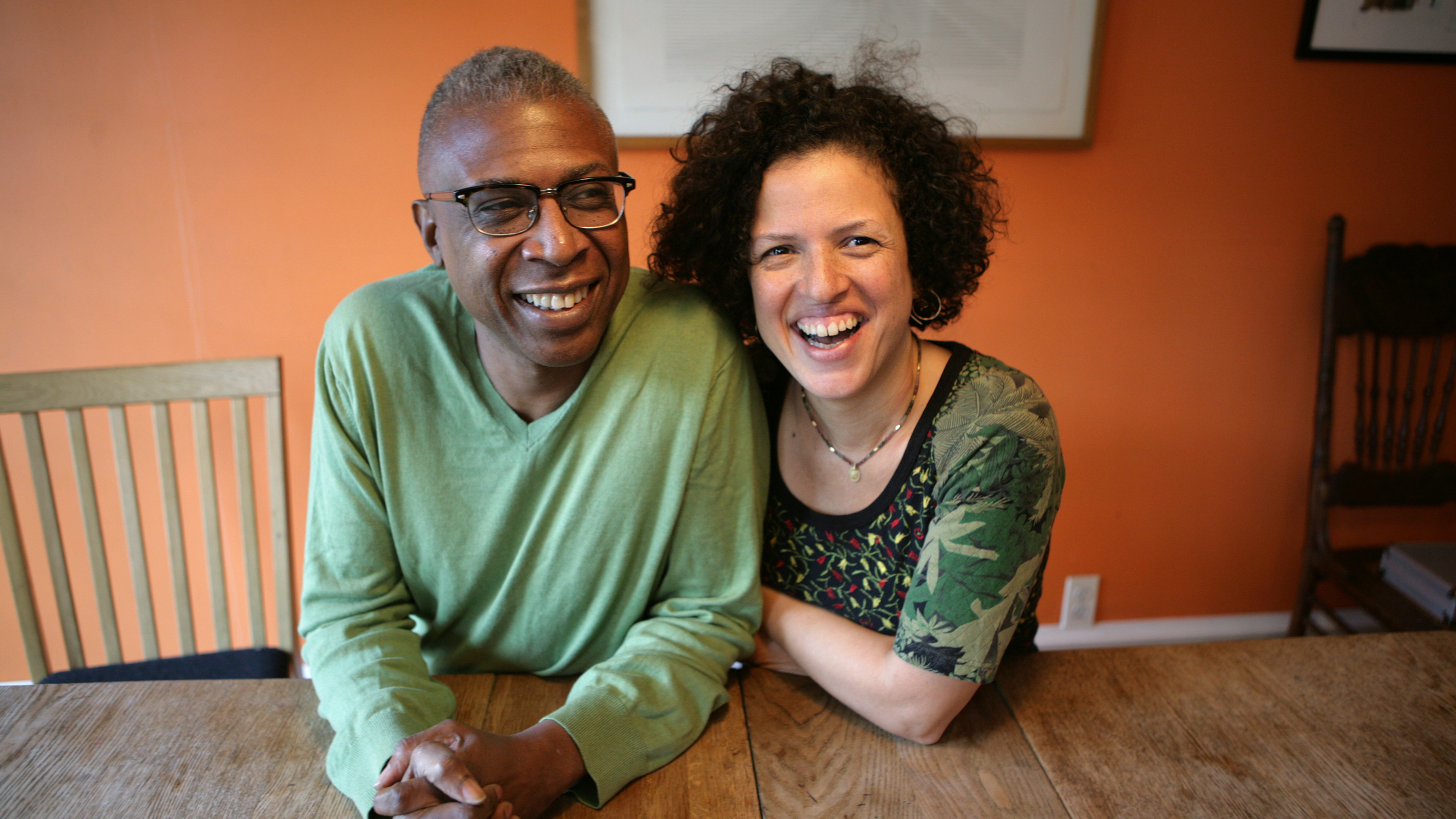My final workday in February 2020 was the last time I reported a story before our world was upended.
It was a Saturday. I was in downtown Atlanta, covering the U.S. marathon trials for the 2020 Olympics. I stood amidst a crowd of hundreds, not realizing that option wouldn’t exist in a few weeks. I spoke with anticipation about that summer’s Olympics, not realizing they wouldn’t take place.
Two days later, our second daughter arrived. Two weeks later, while I sat home on paternity leave, the president declared a national state of emergency because of the widening COVID-19 pandemic.
That pandemic has altered our lives ever since.
I plan to offer more expansive reflections on the past year in the weeks ahead, but I first wanted to look back. One of the many personal benefits of this blog is the snapshots it provides of the various moments of my professional – and often personal – life. I share these entries with you now in the hopes they’ll trigger your own reflections on how you’ve changed during this challenging, maddening, extraordinary time in our lives.




